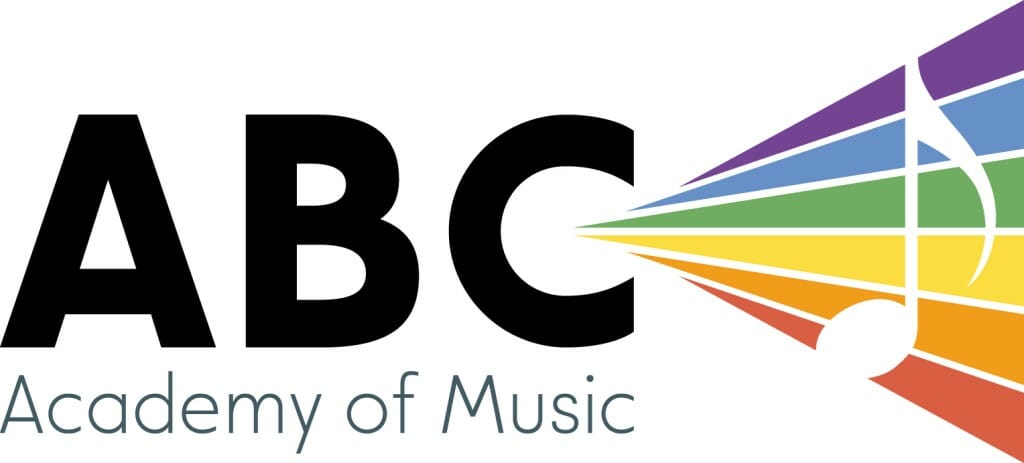Eliana
What to practice: Modes off one root, Fade to Black Solo
How long to practice: 15-20 minutes daily
Keys to effective practice: While playing the modes really focus on internalizing the sound and shape of each scale and how it differs from the one before and after it. It would be helpful to also play the corresponding chord for each mode before doing the scale (major for major modes, minor for minor modes) and if possible I would even suggest recording yourself holding the chord and playing over top. For Fade To Black your aim is to get it to at least 70% tempo for next week. Get the easy parts under your fingers and then chunk the tough sections. Keeping an eye out for fragments of chord shapes and scales your familiar with will also help you remember it in the long term (ah, this is a D major shape, or A minor!). Get this down so next week we can get into “stealing” these ideas and how to go about making them our own.
Keep up the good work, I’m excited to see you progress with this music!
Aarnav
What to practice: Up to and including Ode to Joy, Note Naming Package (1st page)
How long to practice: 10 minutes daily
Keys to effective practice: While playing Ode to Joy take a look and listen to what melodies repeat. The first line of music is repeated 3 times in the piece with only the last bar of each slightly changing (once on the first line, then on the 2nd, and again on the 4th). Putting some time in to really nail that intro melody will mean you’ve essentially gotten 75% of the tune down! Then focus on the 3rd line which is probably the most difficult simply because it’s different. Write out the notes, take it slow, count while you play and you’ll be gold!
You got it!
Aarna
What to practice: Up to and including Ode to Joy, Note Naming Package (1st page)
How long to practice: 10 minutes daily
Keys to effective practice: The third line of this song is the trickiest one at the moment, so special attention will have to be focused on it. Take some time and chunk this line (just play it) and break it up into smaller pieces. Maybe play the first 2 bars of it on its own, then the 2nd two bars, then once both are strong play all 4 bars together! You can do this same approach for the rest of the song too if needed. It’s an effective strategy many musicians use to learn rep!
Go for it!
Simon
What to practice: Autumn Leaves, improvising
How long to practice: 15 minutes daily
Keys to effective practice: For both of these scenarios playing along to either a backing track that allows you to play the melody above it, or straight up playing with recordings of Autumn Leaves will be your best bet for soaking up some language. Consider slowing things down on youtube, or using an extension for your browser to do so. Get comfortable using the pentatonic shapes and keep your arpeggios in mind, as next week we will be diving into bluesier playing (which is all about these things).
Keep up the good work Simon!
Albert
What to practice: Beginning riffs/songs, first position chords (E minor, A minor, C major, F major7)
How long to practice: 10 minutes daily
Keys to effective practice: For the beginning riffs you have the ability down, just be sure to check that you’re interpreting the line on the tab with the correct string on the guitar (bottom line to top is E A D G B e). It might be helpful to write these string names on either end of the tab next to the corresponding line just as a reference until its solidified so you don’t have to look to a separate sheet to remember. For the chords remember to make your fingers like an arch or a bridge so you’re playing on your finger tips. Aim to get familiar with the shapes and see how they are similar and different from another (A minor is just one finger different from C major; F major is like a condensed version of C, etc…). But more than anything just enjoy yourself with them. Experiment with going from one chord to another, how many strums you want to do for each, etc… The general caveat that I will give though is to first get comfortable moving from one chord to the next and looping it (E minor, A minor: loop) (A minor, C major: loop), (C major, Fmajor7: loop) just to build confidence with them, but otherwise have fun and explore!
Great work Albert!
